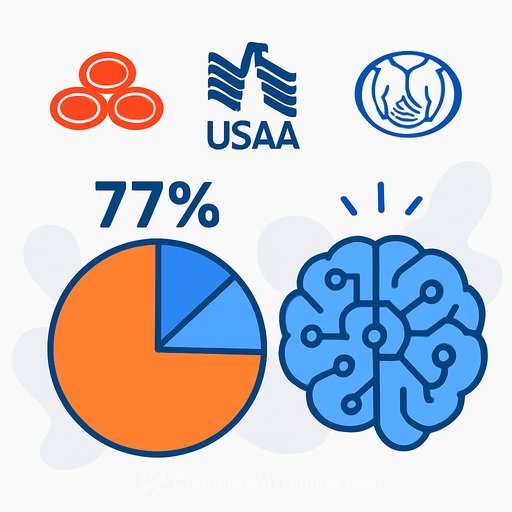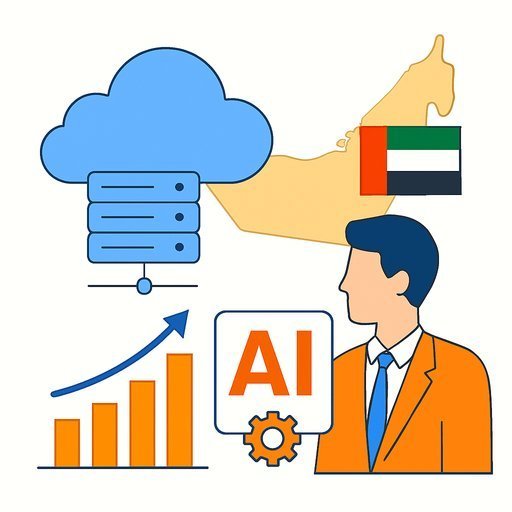Making Sense of Quantum Computing for P&C Insurance Professionals
It’s 3 AM. Jamie, a senior underwriter at Flamingo Insurance, is watching the path of Hurricane Minerva, a category 5 storm suddenly shifting toward Miami. Her task: reassess risk for 50,000 coastal properties, including her own home. In the past, this would have taken days of intense catastrophe modeling and data analysis. But it’s 2032, and Flamingo invested in quantum computing two years ago. Now, Jamie’s risk assessment completes in minutes, giving Flamingo and its customers clarity before sunrise.
Why Quantum Computing Changes Everything
Traditional computers process information in bits, which are either 0 or 1. Quantum computers use qubits, which can be both 0 and 1 at the same time due to superposition. Add entanglement — a unique connection between qubits — and quantum machines can solve certain problems exponentially faster. Think of it as listening to every possible combination of musicians playing together, instead of auditioning one at a time over months. This ability transforms complex risk modeling and data processing.
When Quantum Meets AI: Your New Advantage
If AI is like an experienced claims adjuster reviewing a case, quantum computing empowers that adjuster to evaluate every scenario, witness account, and outcome simultaneously. This fusion, known as Quantum AI, reshapes insurance operations.
- Real-time risk assessment: Premiums can adjust instantly based on live data—like security upgrades or new road construction affecting daily commutes.
- Advanced fraud detection: Complex schemes involving multiple claimants or subtle billing inflation become easier to spot because Quantum AI can process many variables at once.
- Accurate climate risk modeling: Instead of relying on outdated flood maps, quantum systems analyze decades of weather, soil, and infrastructure data to predict precise impacts of storms on specific properties.
Advances in Technology
New tools and demos are helping insurance companies explore the potential of quantum computing and AI. Experimenting with these technologies now builds a foundation for more accurate risk models and fraud detection in the near future.
From Science Fiction to Strategic Reality
Quantum computers still face hurdles like extreme cooling needs and high costs that limit widespread use. But insurers are not waiting. They’re applying quantum-inspired algorithms on traditional systems with promising results.
Major players are investing:
- State Farm Ventures backs companies like Entropica Labs and Quantum Rings.
- Allstate partners with the Chicago Quantum Exchange.
- Allianz started quantum experiments in 2025, investing in startups like 1QBit.
For these insurers, quantum technology is a near-future necessity, not a distant possibility.
Your Quantum Roadmap: Five Practical Steps
You don’t need a Ph.D. to prepare. Here’s how to get started:
- Build quantum literacy: Use accessible resources like Quantum Computing for the Very Curious or IBM’s Qiskit Textbook. Podcasts on quantum topics help keep knowledge current.
- Stay informed: Subscribe to newsletters and join insurance-industry tech groups focused on quantum developments.
- Conduct small experiments: Use cloud-based quantum simulators to test quantum-inspired algorithms on limited fraud detection or risk models.
- Form strategic partnerships: Collaborate with startups, universities, or quantum research hubs to access expertise without heavy upfront costs.
- Assess your data infrastructure: Prepare your datasets to be clean, well-organized, and ready for quantum-compatible analysis.
The Bottom Line
Back with Jamie and Hurricane Minerva: in a quantum-powered future, that 3 AM scramble would vanish. Quantum AI systems would analyze every storm path instantly and suggest the best response before the change is even noticed. With the U.S. P&C insurance market topping $1 trillion in annual premiums, even small improvements in speed and accuracy offer a huge edge.
Insurers adopting quantum strategies today will shape tomorrow’s competitive landscape. Waiting risks falling behind when rapid decisions matter most.
```Your membership also unlocks:






